UCU Philosophy Summer School: how it was gone (photo report)
The fact that our life will fundamentally change within the next 15 years due to the technologies is undeniable. Robotization: for example, assistants with artificial intelligence will help us in our offices, and some futurists assume that machines will be present on the executive boards of the companies. Neurostimulation: the human body and brain will improve more and more for higher productivity. Hence, the demand for cybersecurity is increasing. Personalization in marketing: our emotions and mood will be regulators of retail, the functionality of smart houses and careers. The list of innovations is endless, but technologies and purely empirical knowledge are not enough for our future.
Participants
Lecturers
Classes
Workshops
Seminars
Days
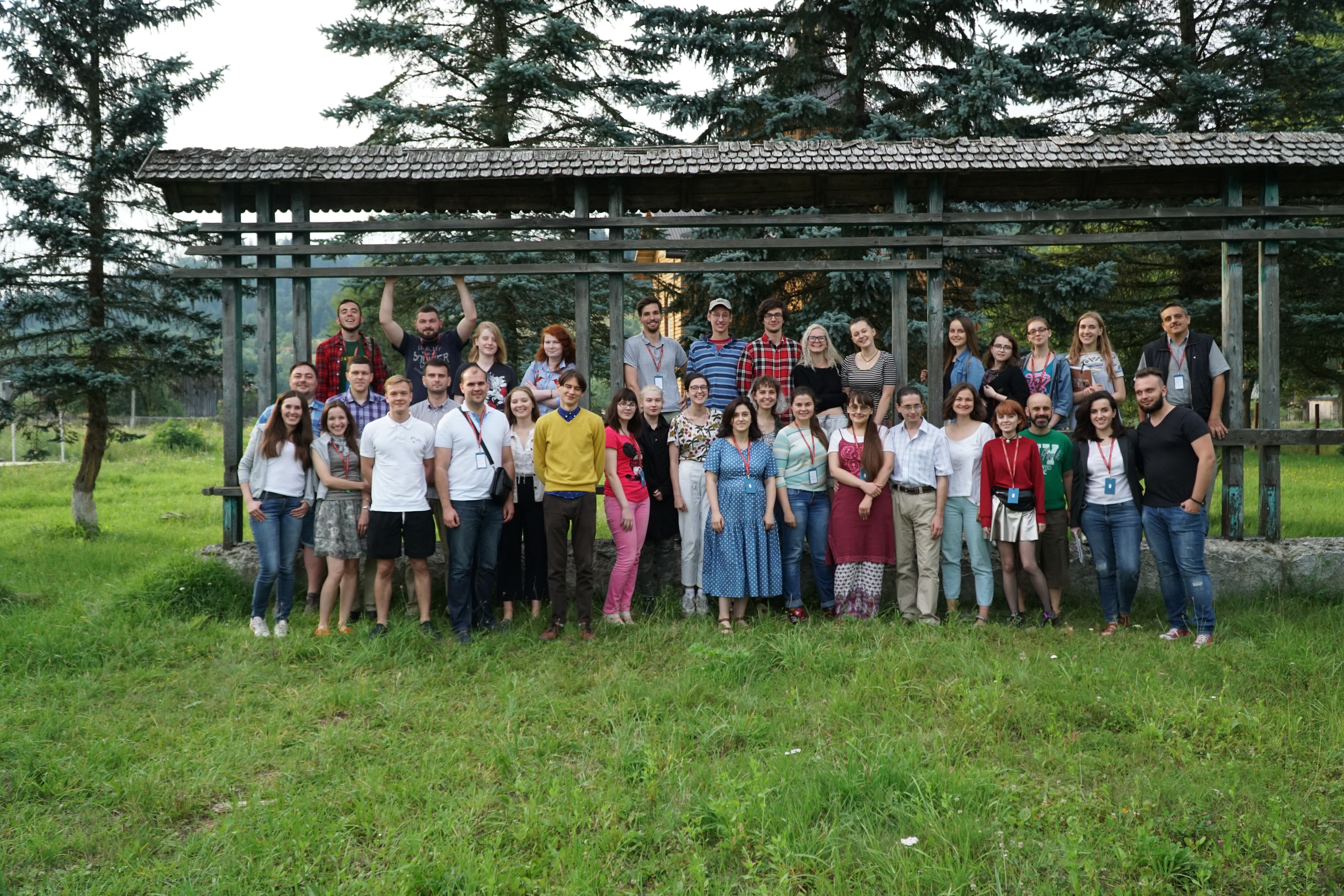
People have realized that reflection, communication, the search for answers to the “eternal” questions about senses are the things that will influence the destiny of mankind no less than inventions and technology. The world has become tighter, time – more intense, people – closer, and the information exchange has accelerated. The circle of acquaintances of our parents was calculated by dozens, ours – by thousands and more often, by tens of thousands. And in such rapid development, it is important for mankind not to lose the ability to feel, reflect and analyze.
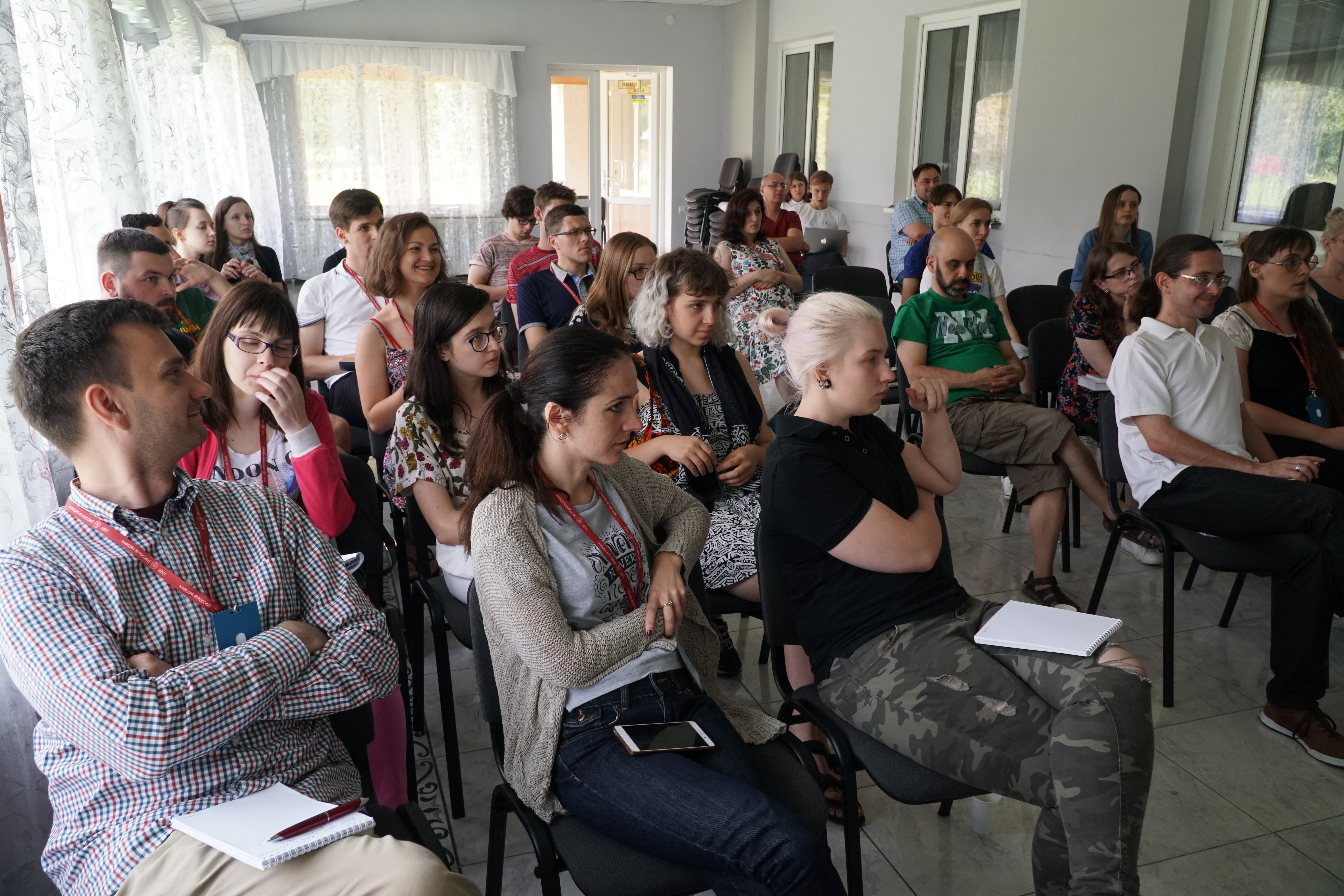
Confidence in the fact that for the good of mankind it is enough to develop technology and business, dominated for a long time. Humanitarian disciplines, including the “mother of all sciences” –philosophy, were considered solely as “articles of expenditure”: the attitude was condescending, but not too serious.
That is why UCU Philosophy Summer School combined technological knowledge, business experience, and philosophical discussions. 30 participants and 11 lecturers took part in the Summer School 2018 “New Technologies, Social Media and Future of Democracy”, organized by LvBS Center for Ethics and Technology together with the UCU Philosophy Department and with the support of the Konrad Adenauer Foundation and the Ukrainian Catholic University. The participants had 13 lectures, 2 seminars, and 2 workshops.
The participants also participated in the summarizing Oxford-style debate, where they discussed the topics “Will Ukraine become a member of the “oecumene” – a community of developed countries?” and “Technology and Democracy: Assistance or Danger?”.
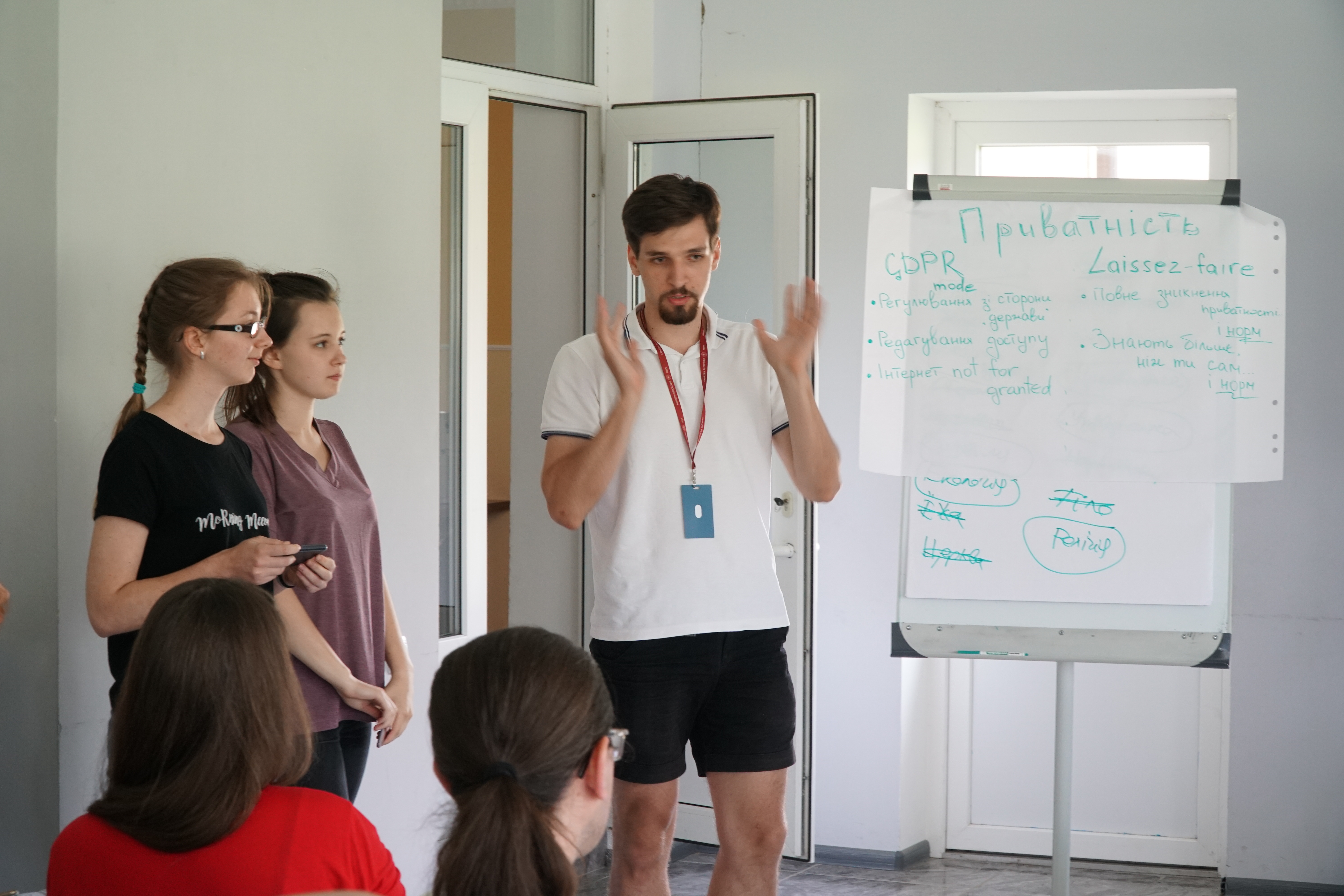
An important factor of human’s attitude to innovations is understanding of his/her own identity. Professor Alexander Filz (a specialist for psychiatry and psychotherapy) proposed an author concept of identity, based on two principles: the confidence in your lifestyle (modus vivendi) and the confidence in your ability to be open to the environment (modus operandi). The spread of the experience of “other” realities (virtual, mixed, supplemented) caused an important issue of modern psychiatry and psychology – the concept of evidence. During the lectures and workshops, the participants also became acquainted with the philosophical and psychological approaches to understanding and definition of “evidence”.
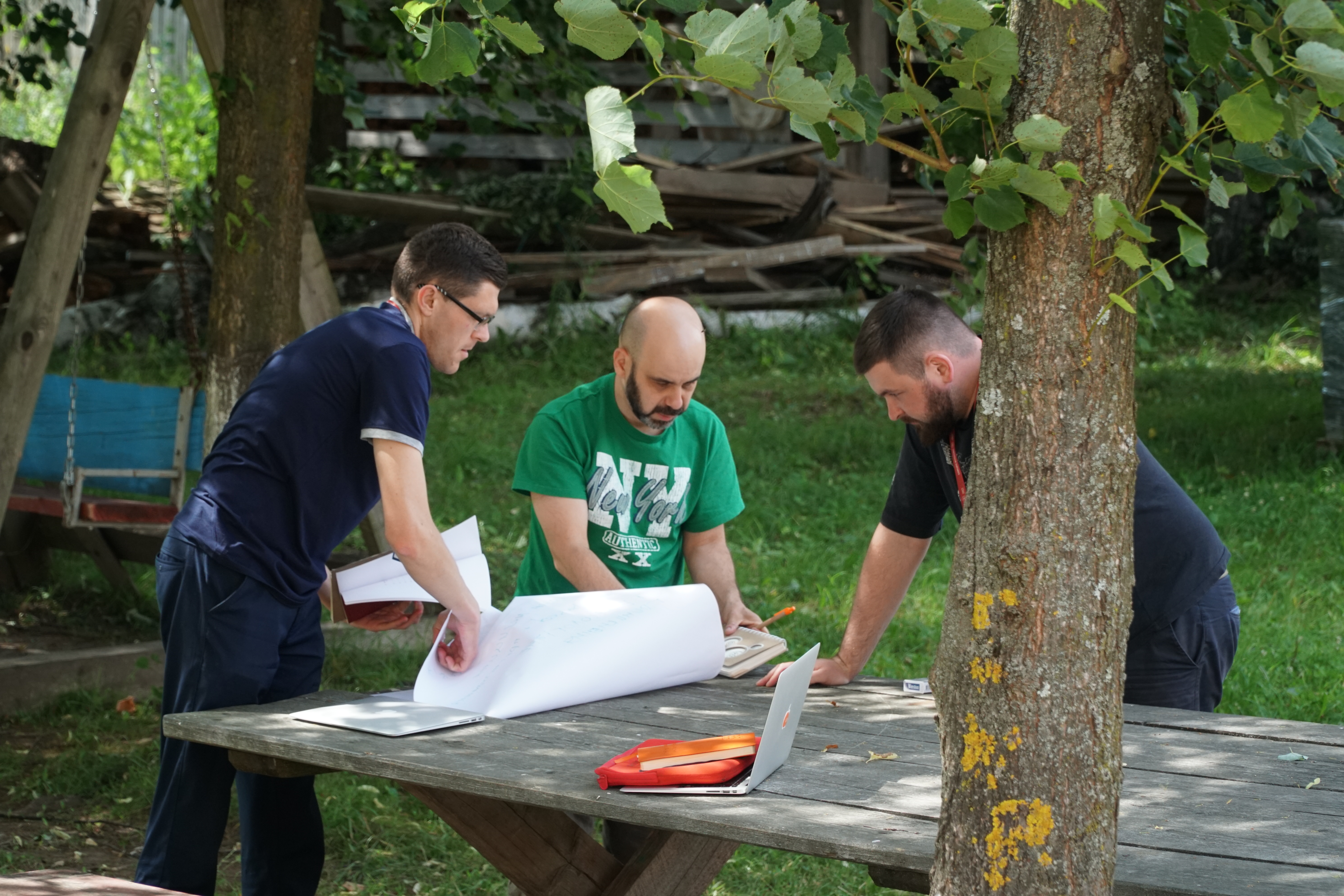
Zenoviy Matchyshyn, CTO of Altrana company and the graduate of MSc in Technology Management Program at Lviv Business School of UCU, talked about how modern technologies work, principles of their development and spheres of application. During the lecture “Introduction to perspective technologies”, the participants tried to be in the role of developers and to understand how artificial intelligence, deep learning, virtual reality, blockchain, and quantum computing work.
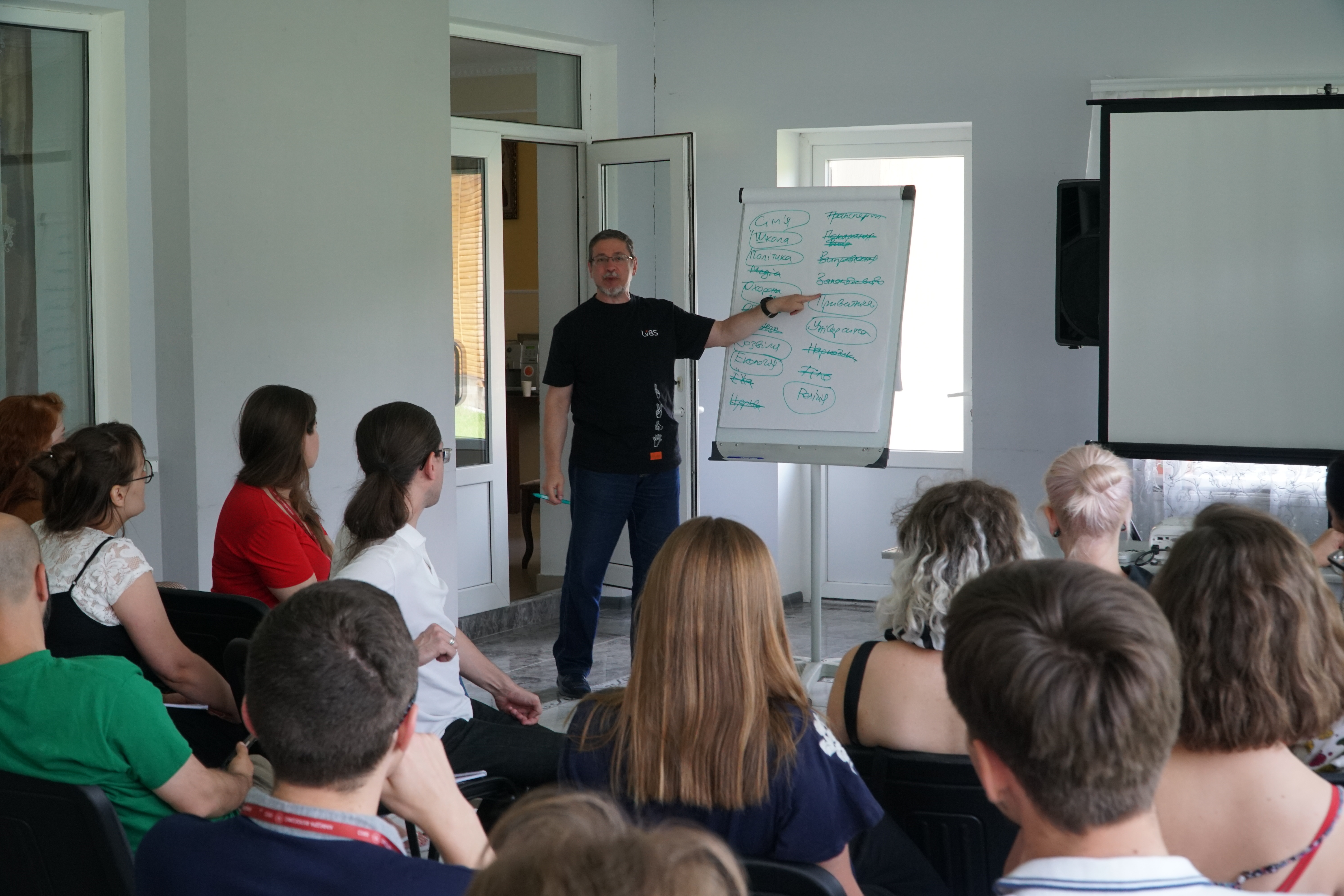
Ivan Leshko, vice president of financial services at SoftServe company, told about the future of business. Together with Valeriy Pekar, a lecturer at Lviv Business School of UCU and Kyiv-Mohyla Business School, the participants learned to model the future and make forecasts for different spheres of life: medicine, education, politics, etc. During the lecture “Global Change in Paradigms: New Thinking, New Economy, New Borders” Valeriy Pekar introduced students to the economic, social, psychological and political changes that are taking place today under the pressure of technological leap.
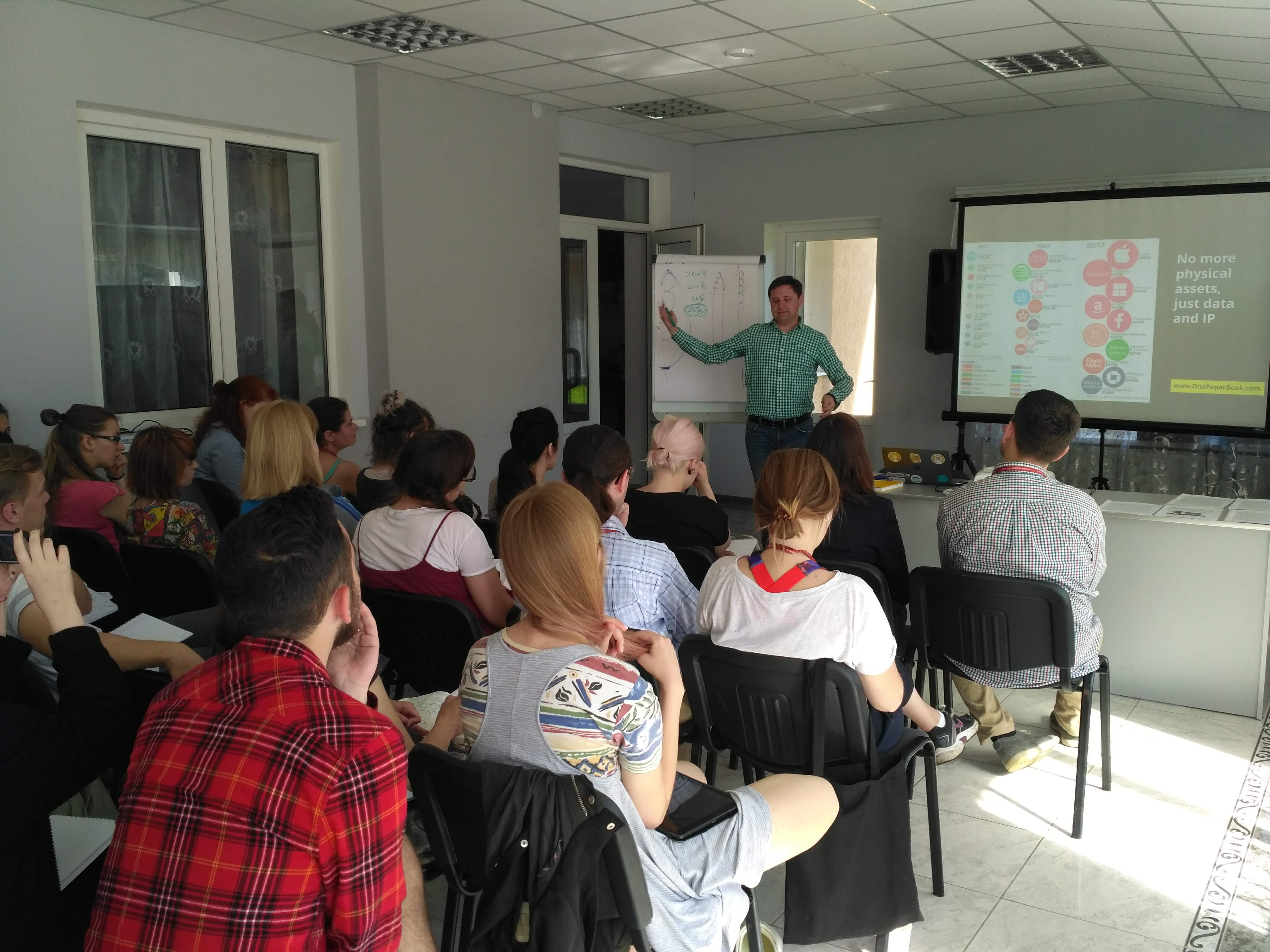
During the lectures on social engineering taught by Yevhen Lanyuk, Candidate of Political Sciences, lecturer of UCU and Lviv National University named after I.Franko, the participants studied how social networks changed society and politics, and were acquainted with actual practices of influence and control (Chinese social credit system).
During the workshop held by a founder of X-Mind conference Anna-Maria Fokshey, were learning to analyze the language of social networks and profiles of opinion leaders.
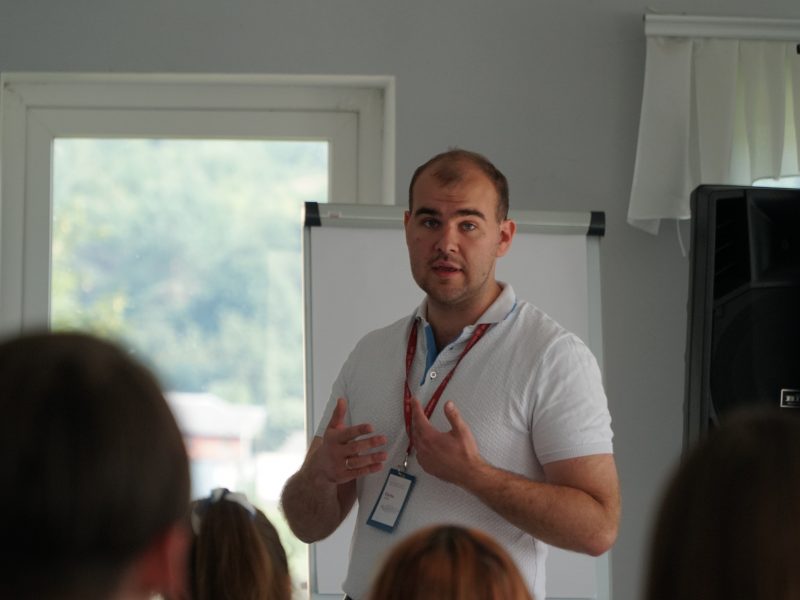
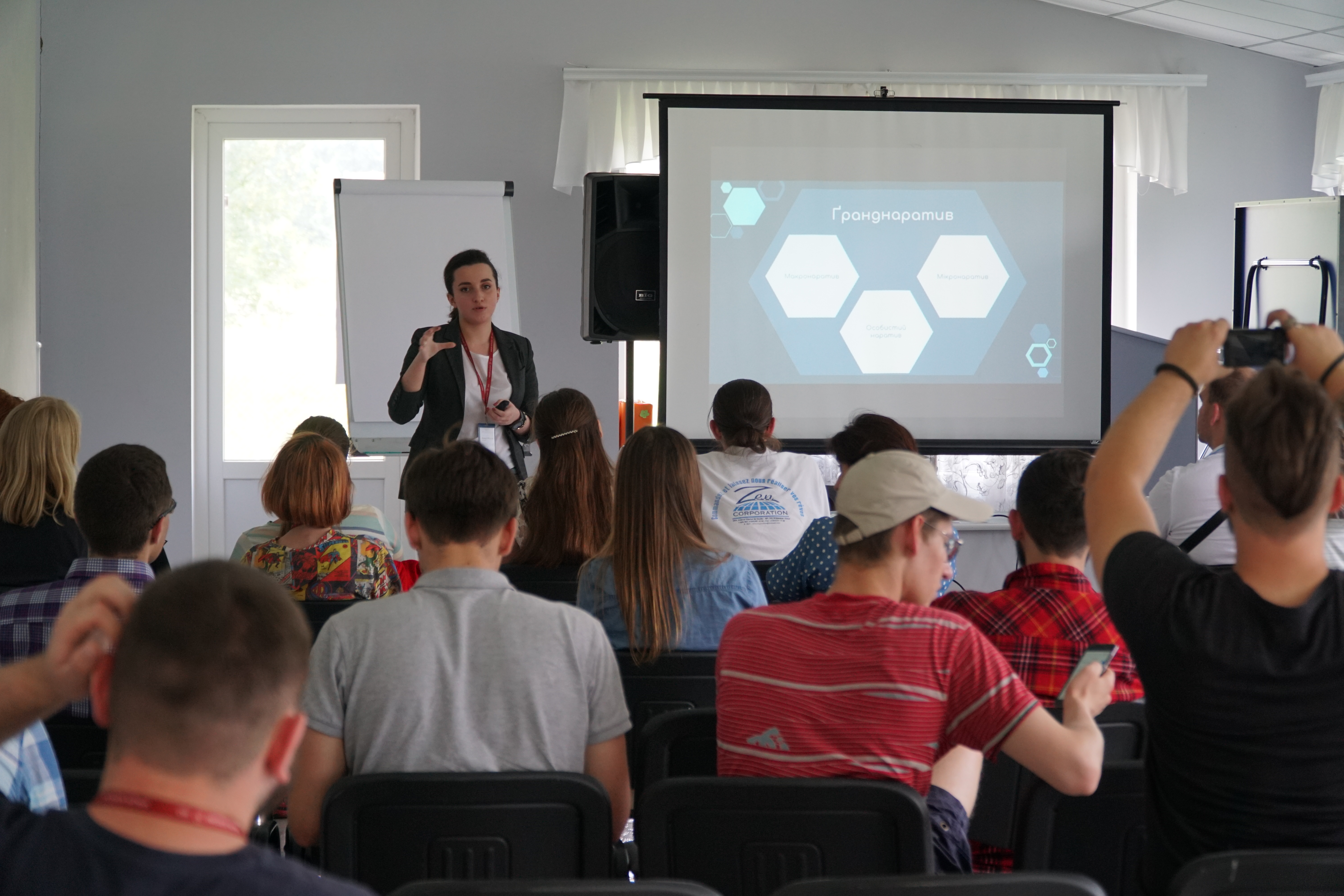
Are there any principles of a warfare in cyberspace? What is the potential of the states and various organizations in these wars? How to calculate investments in cybersecurity on the basis of the model of Gordon-Lob and what is the “pattern” of cyberwars? Volodymyr Styran, an expert in cybersecurity, co-founder of «Berezha Security», the leader of «OWASP Kyiv», answered to these and other questions
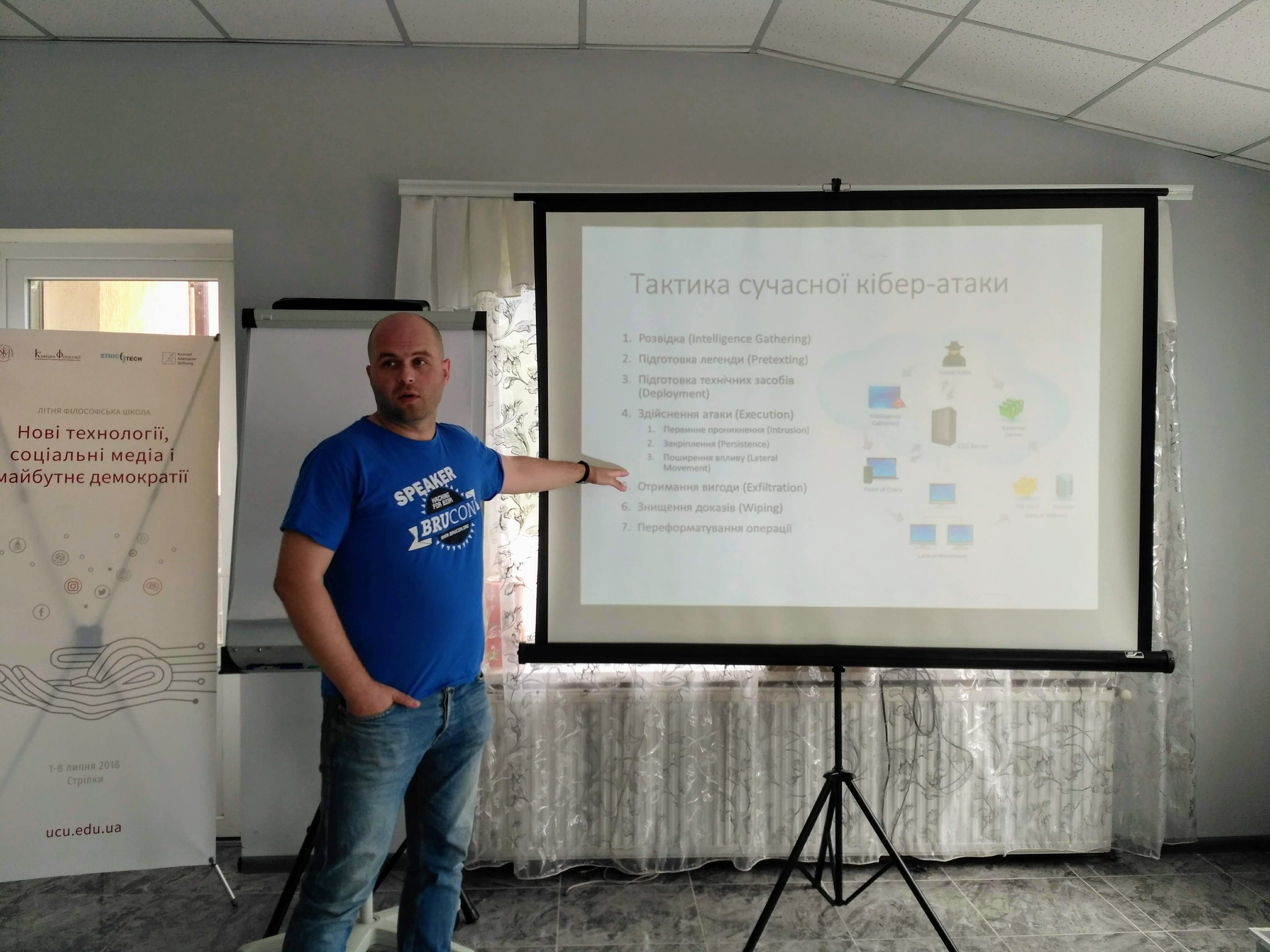
The impact of new technologies should be discussed comprehensively by all parties of human society: politicians, scientists, philosophers, businessmen, educators, etc. We believe that in the near future the participants of the UCU Philosophy Summer School 2018 will make important decisions as community leaders, business leaders, and members of governments. A lot of these decisions will be related to technologies and innovations, and from now on, the School participants have more knowledge and understanding of these topics. And we are looking forward to meeting at the Philosophy Summer School next year!
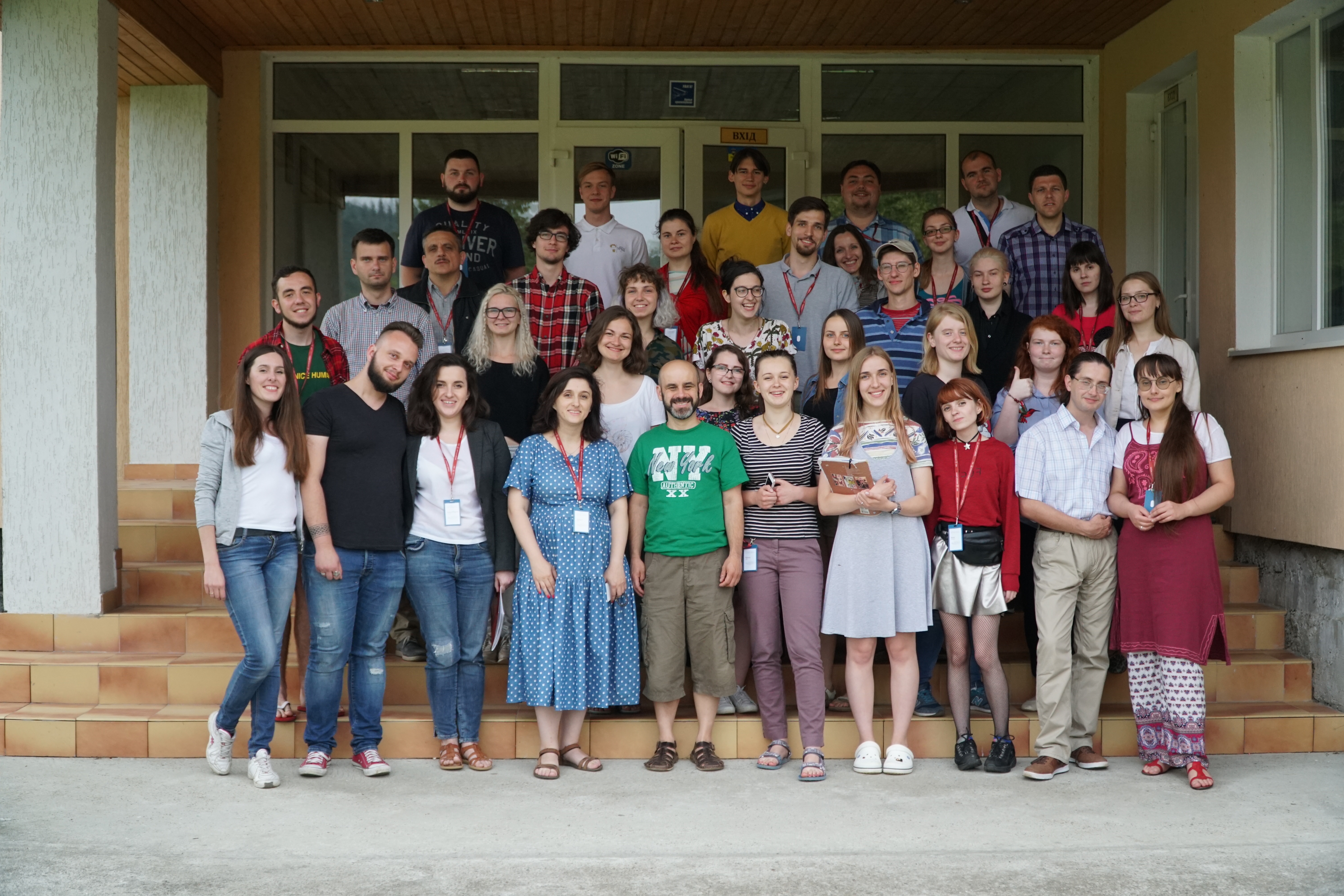
 English
English Ukrainian
Ukrainian

